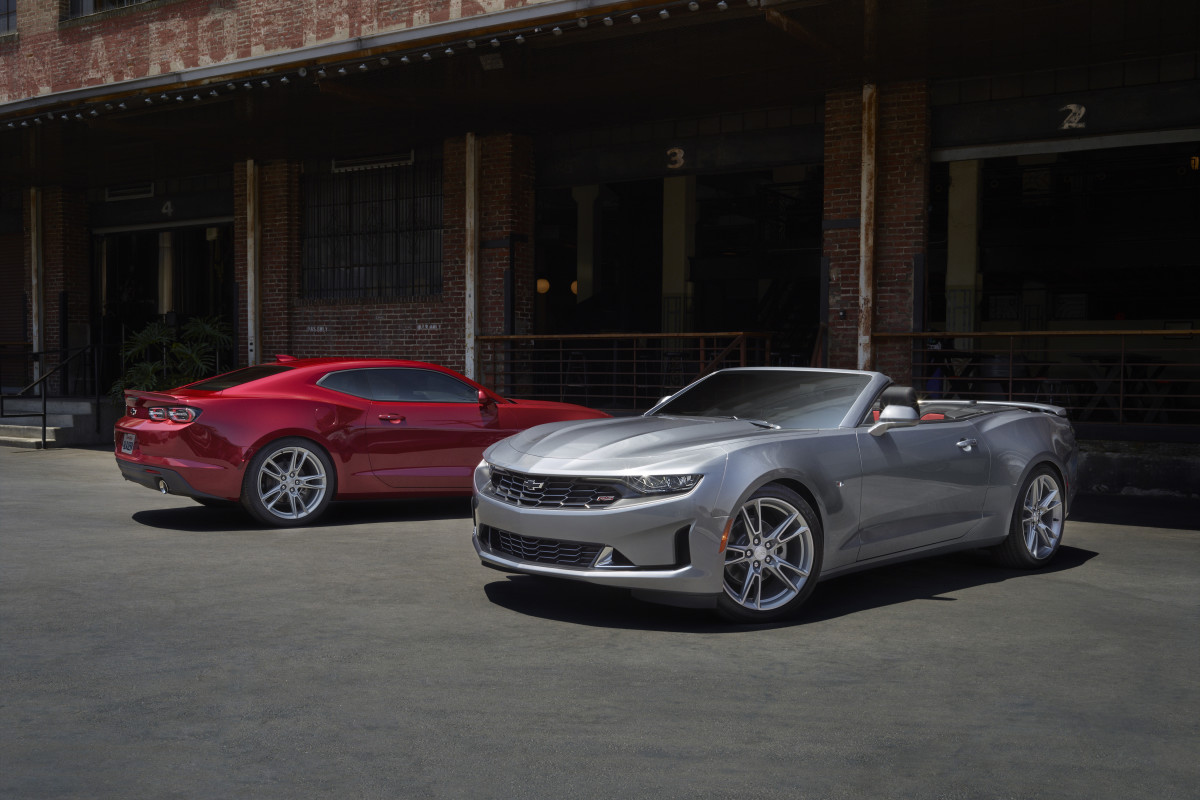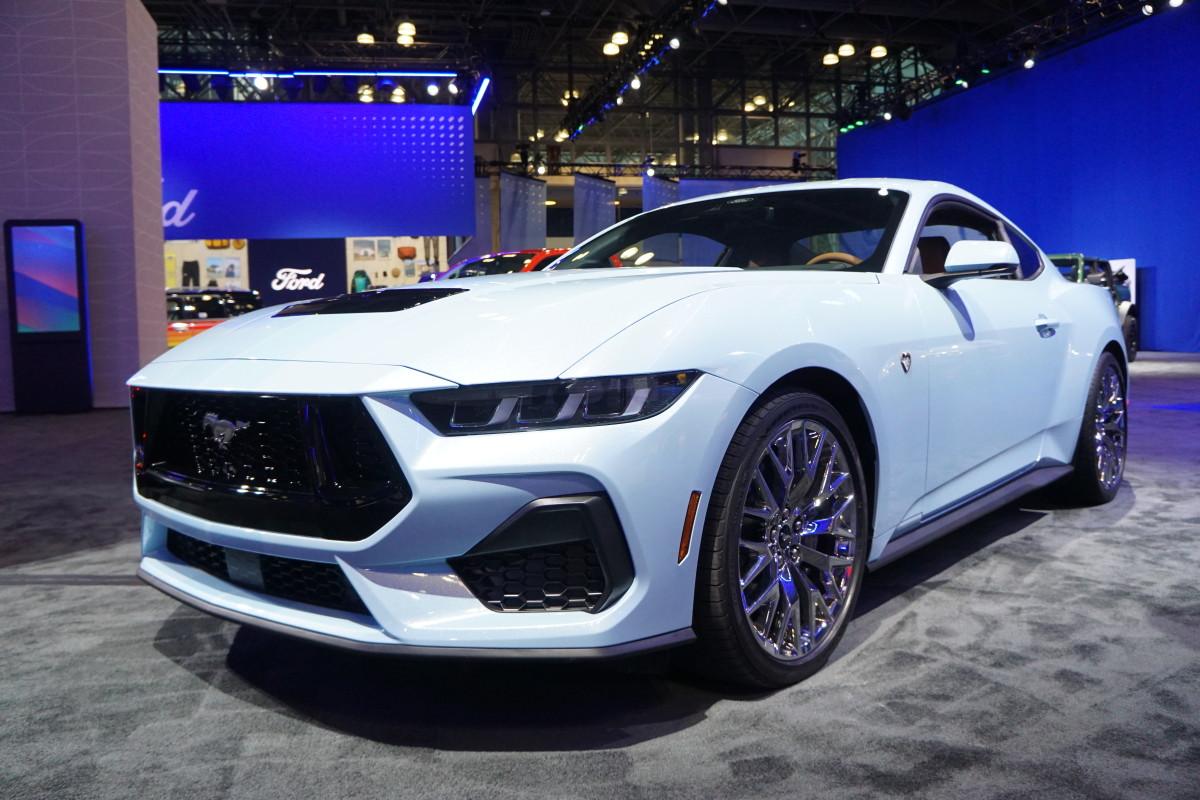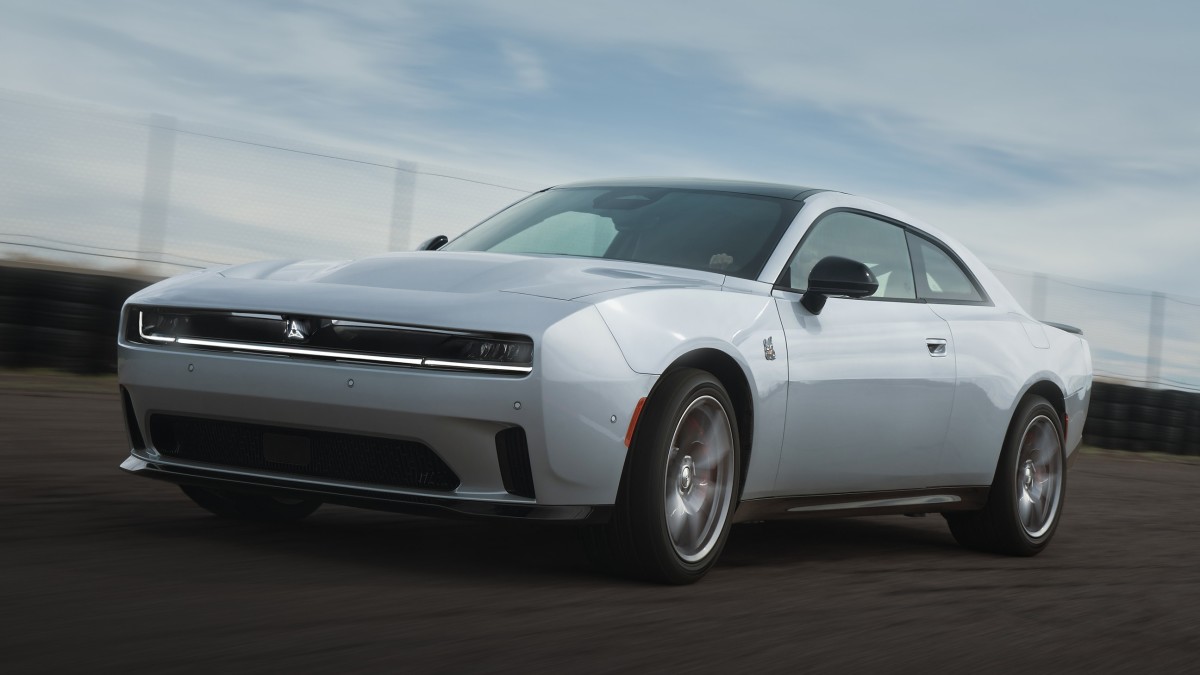
When the Chevrolet Camaro ended production in December 2023, a void was left with loyal enthusiasts who reminisce about the muscle car's striking looks and powerful V8 engines. Though the model dating back to 1967 is no more, GM President Mark Reuss hinted that the Camaro nameplate may be coming back soon to entice an entirely new audience.
Related: The Porsche-Cybertruck drag race myth has finally been debunked: Guess who's faster

Chevrolet
In a recent interview with MotorTrend magazine, Reuss said that he envisions the Chevrolet Camaro re-entering the market as an electric car. According to the report, he does not want the company to take the same route that Dearborn-based Ford did with its Mustang Mach-e and slap the Camaro name onto an electric crossover SUV, preferring instead to make a proper "pony car" like its predecessors.
Though it sounds as if Reuss envisions some expensive, high-performance sports car, the GM exec said that the new Camaro would emphasize affordability and engagement over impractical power figures and track performance. Additionally, he envisioned a coupe-like design similar to previous that could be reimagined as a four-door with a sloping "fastback"- style roofline to give it the true "pony car" look.
Pricewise, Reuss said that he sees the price of the Camaro EV priced similarly to the Chevrolet's electric Equinox SUV, which is slated to start at $34,995 when it goes on sale later this year.
Though it does not match the outgoing 2024 Camaro's $30,990 base price, it does give a price advantage in the EV landscape. If Reuss's goals are met, the Camaro would be priced lower than Tesla's (TSLA) $38,990 Model 3 and Hyundai's $37,500 Ioniq 6. Additionally, if all factors are met, the Camaro could benefit from a potential $7,500 federal tax credit; which could effectively bring the price down to an eye-watering level against its competitors.
More Business of EVs:
- Tesla makes another harsh last-minute decision, frustrating students
- Forget Tesla's Supercharging, Polestar's new charging tech can charge even faster
- EVs have a problem Ford's partner aims to fix
Detroit's plans for EV Muscle:

James Ochoa
Related: Ford CEO says this iconic model will "never" be an EV
Though Reuss notes that any plans for an electric Camaro are dependent on GM's abilities to scale up Ultium battery production, his comments comes after some recent remarks by Ford (F) CEO Jim Farley.
In a recent piece by Autocar, he was quoted saying that its iconic Mustang will "never" be an EV, noting that while the technology works for other brands, it doesn't work for its iconic muscle car.
“One thing I can promise, however, is that we will never make an all-electric Mustang,” Farley told Autocar. “I look at other users of pure-electric power such as Formula E, and even companies like Rimac, and I just don’t think that would be right for Mustang. Great for other Fords – look at the worldwide success of [the E-Transit cargo van] – but not for Mustang.”
However, Farley hinted that future Mustangs may receive hybrid power, noting that the Blue Oval has “been testing" such powertrains, and found that "partial electric powertrains work well for performance drivers."

Stellantis
Stellantis's (STLA) Dodge brand is taking the EV route with its storied muscle cars. Its recently revealed Charger Daytona, Daytona R/T and Daytona Scat Pack electric muscle cars promise up to 670 horsepower through an all-wheel-drive electric powerplant in Scat Pack form, which promises a 3.3 second 0-60 mph time and a quarter mile time of 11.5 seconds.
Though the cars have been the subject of ridicule and controversy amongst loyal Mopar enthusiasts and fans on social media, Dodge says that the Charger Daytona R/T and Scat Pack will hit dealers this summer in two-door form, while four-door models and its subsequent gas-powered Charger Sixpack will arrive in 2025.
General Motors, trading under ticker (GM) on the NYSE was down 1.04%, trading at $45.28 at the time of writing.
Related: Veteran fund manager picks favorite stocks for 2024







